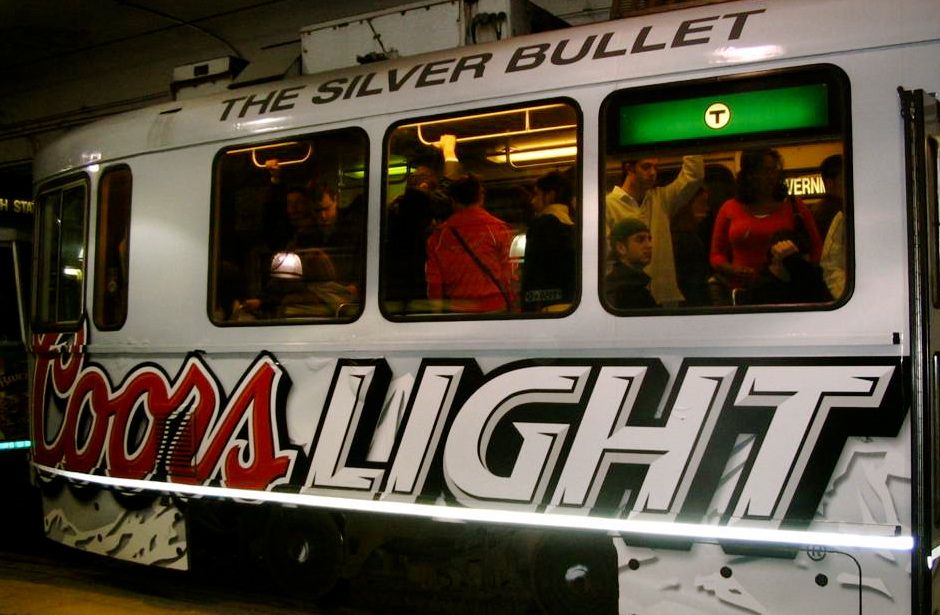Blog
Search
Blog
State Bills Push Access to Stronger Alcohol Products
- Details
- Created: Wednesday, April 23 2014 12:14
 |
Legislation in two states would make buying high-alcohol beer easier than ever. The Tennessee legislature passed a bill that would increase the allowable alcohol volume in beer sold at grocery and convenience stores from 6.3 to 10 percent. Ohio Rep. Dan Ramos's (D-Lorain) proposed bill would allow brewers to sell beer up to 21% ABV, up from the current 12%. Neither bill includes an excise tax increase on high-ABV beers, some of which have higher ABV than wine and some spirits, but will be taxed at a lower rate. Stricter regulation is warranted for products with high alcohol concentration because of their higher potential for excessive consumption and alcohol-related harm. Restrictions on pricing and availability are essential to keep such products, particularly youth-oriented alcopops, out of youth hands.
Read Alcohol Justice's model legislation for regulating size and alcohol content of malt beverages, including alcopops, here.
Mass. Bill Would Ban Alcohol Ads on State Property
- Details
- Created: Monday, March 17 2014 10:25
Mass. Bill Would Ban Alcohol Ads on State Property
 |
The Massachusetts Joint Committee on State Administration and Regulatory Oversight is considering H.2897, a bill sponsored by Boston Mayor Martin Walsh (formerly Rep. Walsh) that would ban alcohol advertising on any property owned or operated by the state. The bill was heard in committee on February 26 and must move out of committee by March 19. Transit ads and other publicly visible ads are a unique and distinguishable type of brand marketing that exposes the public, including children and youth, to solicitation that is both involuntary and unavoidable. Alcohol Justice strongly supports H.2897 based on the well-documented connection between exposure to alcohol advertising and youth drinking.
Read Alcohol Justice's Letter of Support
International Trade Deals Could Trump Alcohol Regulations
- Details
- Created: Wednesday, January 08 2014 16:35
 |
Under two major trade partnerships currently in negotiation (the Transpacific Trade Partnership (TTP) and the Transatlantic Trade Investment Partnership (T-TIP), corporations and other governments would be able to sue to remove federal and state alcohol regulations designed to limit excessive consumption and reduce alcohol-related harm. Small beer and wine producers from the European Union and their U.S. importers are already asking for a huge tax cut under the T-TIP, with more attempts to deregulate alcohol sales in the U.S. expected to follow. Congress is expected to approve a fast-track rule that would remove Congressional authority to amend trade deals under the agreements. The way to protect public health and safety and ensure that global alcohol corporations do not dismantle state alcohol regulations any further, is to exempt alcohol from all TTP and T-TIP provisions.
More Articles ...
Subcategories
Help us hold Big Alcohol accountable for the harm its products cause.
| GET ACTION ALERTS AND eNEWS |
STAY CONNECTED    |
CONTACT US 24 Belvedere St. San Rafael, CA 94901 415-456-5692 |
SUPPORT US Terms of Service & Privacy Policy |
Copyright © 2026 Alcohol Justice. All Rights Reserved.
Joomla! is Free Software released under the GNU General Public License.


